Supermarket expert explains why in-store bakeries struggle with freshness and waste

Ali Lyons is an independent consultant to the supermarket sector who knows a thing or two about selling and making food.
Originally from the UK, she started her career at M&S in Dublin, quickly working her way up from fitting room assistant to store manager. Ali (pictured, above) went on to run the food hall at M&S’ St Mary Street branch in the Irish capital and then to overall manager of all its bakeries and cafes across the country.
After over 17 years with M&S, she moved to Morrisons, running the supermarket’s cafes, coffee shops, staff canteens and serve over counters across the UK.
Now, she advises all kinds of food retailers and is well-placed to comment on the difficulties faced by both the ground-level staff and managers of supermarkets when it comes to controlling the sections that make food for sale on site.
When asked what she sees as the main problems for operators of in-store bakeries and other perimeter sections, Ali’s answer is immediate: “Getting the availability right, then controlling the waste and getting it right at the right time of day.”
Asked why she thinks in store food sections can struggle with both waste and product availability, she says: “Shopkeepers like to keep things simple. The people that run supermarkets know an absolute tonne about selling stuff from the shelves that’s been made in a factory, but they don’t know enough about making stuff. It’s like a dark art that does not get the investment it needs.”
Investment in technology
Another factor is that attempts to improve freshness and control waste through investment in technology can be difficult to get off the ground at an organisational level.
Ali says: “When it actually comes to it, it’s quite hard and the timing has got to be right. So as a leader working in one of these businesses, your timing when you are pitching a new idea or asking the business to invest in something has got to be perfect. There’s always so many choices to make on where best to invest your money”
Her perception is that the majority of large retailers are still using spreadsheets to manage perimeter food production sections, along with plenty of guesswork by the staff that operate them.
“There are some very, very good colleagues out there,” she explains. “They are the boots on the ground, interacting with customers every single minute of every day.
“They are amazing. They really care and they have it figured out. They know how much to put on a tray in the morning of what product. They guess. But it’s scary that on the days where that one colleague who is guessing – but doing a pretty good job of guessing – is on holiday, or off sick, or has to go on a till because there’s no one else to do it.”
Ali points out that it is just as likely that a section will be manned by inexperienced newcomers as it is by diligent veterans. Compliance with paper-based bake plans, for example, can be low. Plus, the nature of the environment means that staff are moved from one role to another at short notice.
She says: “When you are the store manager running a big supermarket, anything can happen in a day, so you’re moving your resource around all day around the shop.”
As an ex-M&S operative, Ali has first-hand experience of using Cybake ISB to manage in-store bakeries and, in fact, beyond.
Cybake ISB tells store colleagues the best combination of products to bake or make at the right times via tablets or mobiles by using forecasts and live sales data.
She says that the software helped double bakery sales in key stores. When she took cafes under her wing, she was then keen to use it to predict demand in those too:
“We had this sophisticated system for the bakery, which was really accurate and really controlling waste and maximizing availability. Yet in the cafe we were still sending down spreadsheets every four weeks to say: ‘This is what we think you’re going to sell’.”
Salads and orange juice
Cybake ISB was duly deployed to the cafes and Ali outlines how they used the system for new salads and freshly squeezed orange juice offerings.
“We did it with orange juice and then we started to get into chickens as well. We bought a hundred hot chicken counters and a hundred rotisserie ovens. And, again, we started to use the Cybake tool for production of that.
“So, we moved it from being this amazing thing that had moved our bakeries on considerably, and then we worked with Cybake to adapt it to be relevant for all of the places in the supermarket where we were making stuff in the shop.”
As retailers partly offer in store bakeries and other serve over counters for the halo effect they have, Ali senses that, until recently, some have had little incentive to properly analyse how profitable they really are.
However, increased competition means that large grocers are likely to be reassessing what she sees as a big opportunity at a time when freshness and availability are key market differentiators. Plus, controlling cost and food waste has never been so important.
“It’s really, really customer focused,” she explains. “Supermarkets know that, if you disappoint them, customers have got no problem going somewhere else. The loyalty’s gone, and especially so since the pandemic. There is a worry about letting the customer down and them going somewhere else to do the big shop.”
Responsible for running in store bakeries or other fresh food counters? Want to increase sales and cut waste without impacting your current systems? Why not get in touch?
You may also like:
Cooplands Bakery installs Cybake ISB to plan in-store sandwich production
Cooplands Bakery has installed Cybake ISB software to plan and manage in-store sandwich production across its entire retail estate.
Cooplands Bakery was founded in Scarborough, North Yorkshire, in 1885 and is the second largest retail bakery chain in the United Kingdom. It operates two production bakeries, 158 shops and a fleet of sandwich delivery vans across Yorkshire, Lincolnshire, Nottinghamshire, and the North East [Read more…]
Case study: M&S
Freshness and availability are clear points of differentiation for grocery retailers that operate in-store bakeries.
However, both present an age-old challenge: bake too much or at the wrong times and you miss out on sales or end up throwing food away. Bake little and often, at the right times, and availability improves. Customers are happier, sales improve, and waste is reduced [Read more…]


